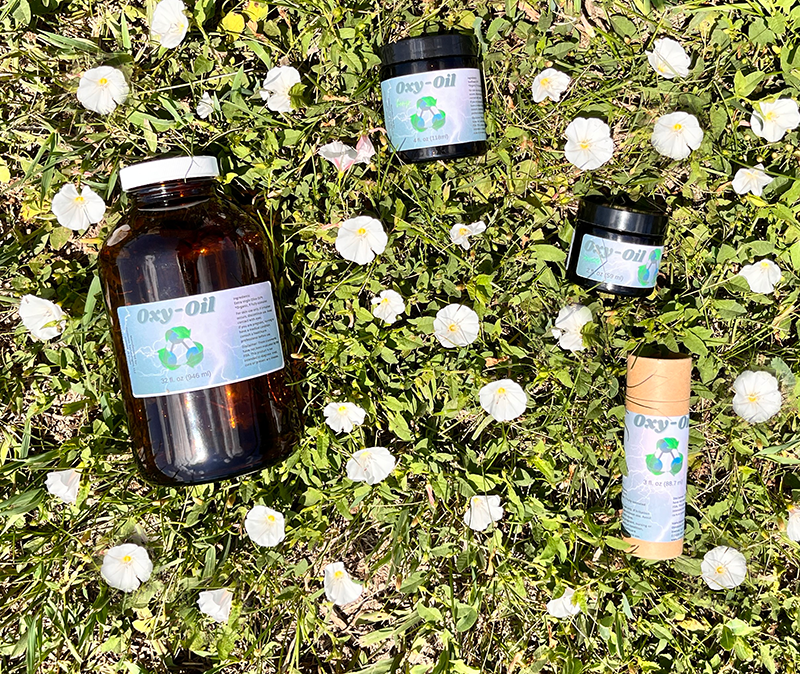When it comes to dental care, maintaining optimal oral health is crucial. From preventing gum disease to combating tooth decay, various methods are employed to keep our teeth and gums in good shape. One emerging trend in dental care is the use of ozonated oils. Ozonated oils are oils infused with ozone, a gas with potential antimicrobial properties. While the scientific evidence on their effectiveness is limited, many individuals have reported positive experiences. In this blog post, we will delve into the potential benefits of ozonated oils in dental care.
- Gum Health:
Healthy gums are the foundation of good oral health. Gum disease, also known as periodontal disease, can lead to serious oral health issues if left untreated. Ozonated oils, such as ozonated olive oil, have been used topically to promote gum health. The antimicrobial properties of ozone help reduce the bacterial load in the oral cavity, potentially aiding in the prevention of gum disease. Applying ozonated oil to the gums may help reduce inflammation and support the healing process. - Tooth Sensitivity:
Tooth sensitivity is a common problem experienced by many individuals. It can cause discomfort or pain when consuming hot or cold foods and beverages. Some people have found relief from tooth sensitivity by using ozonated oils. Ozone is believed to have a desensitizing effect on the teeth, providing a potential solution for those dealing with sensitivity issues. - Tooth Decay:
Tooth decay is a prevalent oral health problem caused by the buildup of plaque and bacteria on the teeth. While traditional dental treatments are the mainstay for addressing tooth decay, there is emerging research on the antimicrobial effects of ozone against the bacteria responsible for decay. Ozonated oils may serve as a supplemental therapy in combination with standard dental treatments to combat tooth decay. However, further scientific studies are needed to validate its effectiveness conclusively.
Conclusion:
Ozonated oils show promise as a potential adjunct therapy in dental care due to their antimicrobial and healing properties. While the current scientific evidence is limited, many individuals have reported positive outcomes when using these oils for gum health, tooth sensitivity, and tooth decay. However, it is important to note that ozonated oils should not be considered as standalone treatments but rather as complementary options to be used under professional dental guidance.
As with any dental care practice, it is advisable to consult with dental professionals or scientific experts before incorporating ozonated oils into your oral hygiene routine. They can provide personalized advice, considering your specific oral health needs and the most up-to-date research in the field.
Remember, maintaining regular dental check-ups, practicing good oral hygiene, and following professional advice remain the cornerstones of a healthy smile.
Sources:
- FEMS Microbiology Letters: “Antibacterial effects of ozonated oils against oral microorganisms.”
Link: https://academic.oup.com/femsle/article/330/1/17/570769 - Journal of International Oral Health: “Ozonated olive oil in oral disease.”
Link: https://www.ncbi.nlm.nih.gov/pmc/articles/PMC3661529/
You can read more about ozonated oils here:
- https://www.oxidationtech.com/applications/ozonated-olive-oil/exploring-the-potential-of-ozonated-oils-in-dental-care.html
- https://www.oxidationtech.com/applications/ozonated-olive-oil.html
- https://www.oxidationtech.com/applications/ozonated-olive-oil/oxy-oils-ozonated-oils.html
- https://www.oxidationtech.com/applications/ozonated-olive-oil/bug-bits.html


